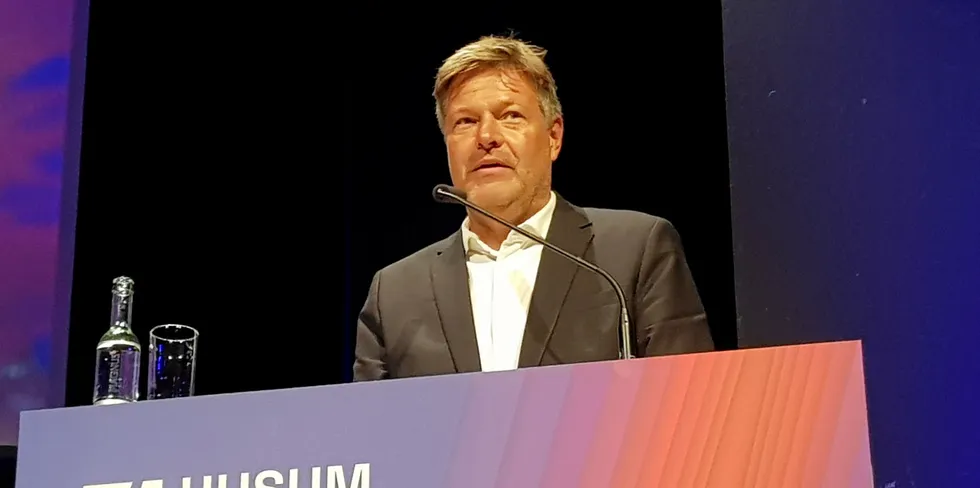Germany and Norway mull pipeline for massive hydrogen imports in wake of Russian war
Europe’s largest economy and Nordic nation plan feasibility study on transport of green H2 using pipeline that could also temporarily be filled with blue variety

Europe’s largest economy and Nordic nation plan feasibility study on transport of green H2 using pipeline that could also temporarily be filled with blue variety
